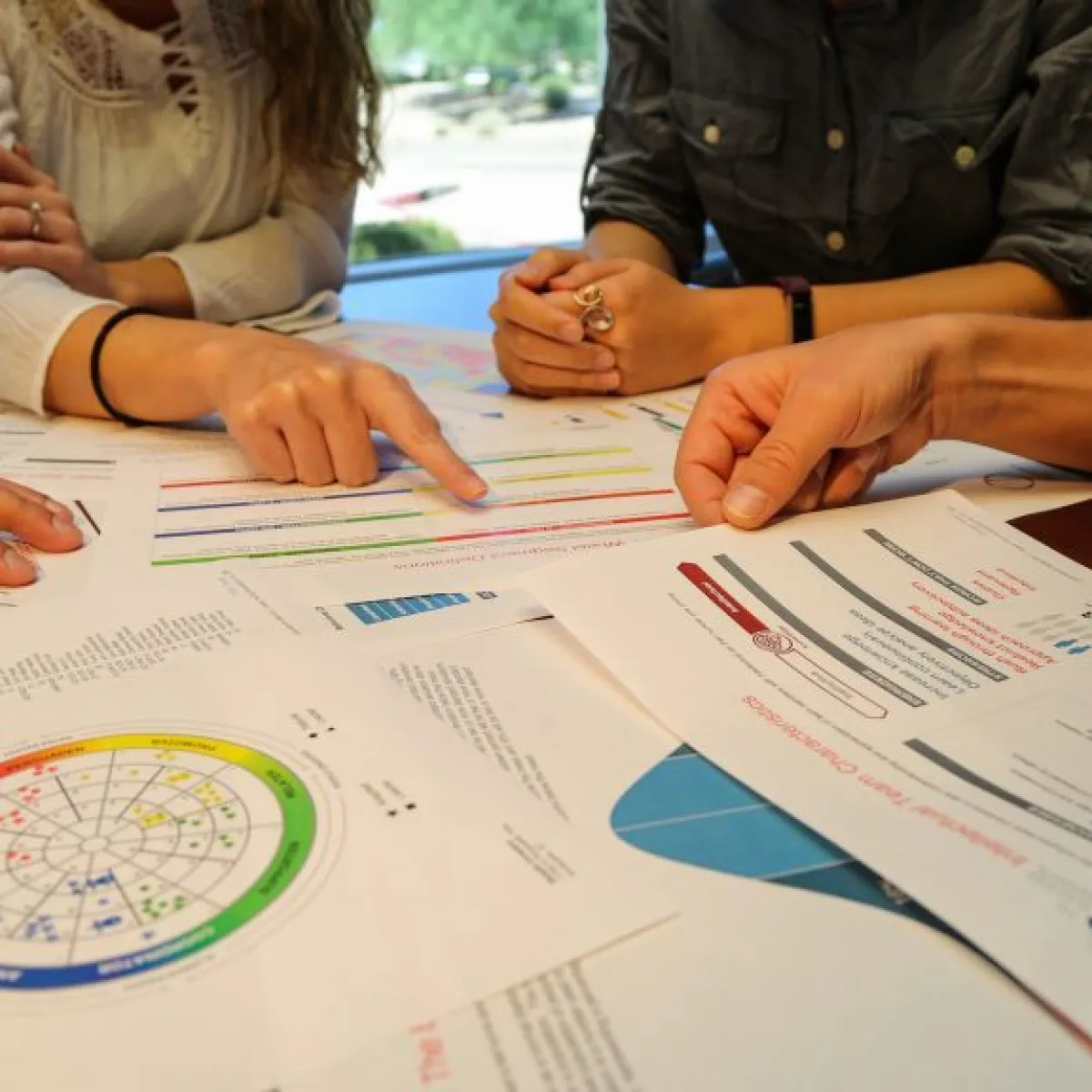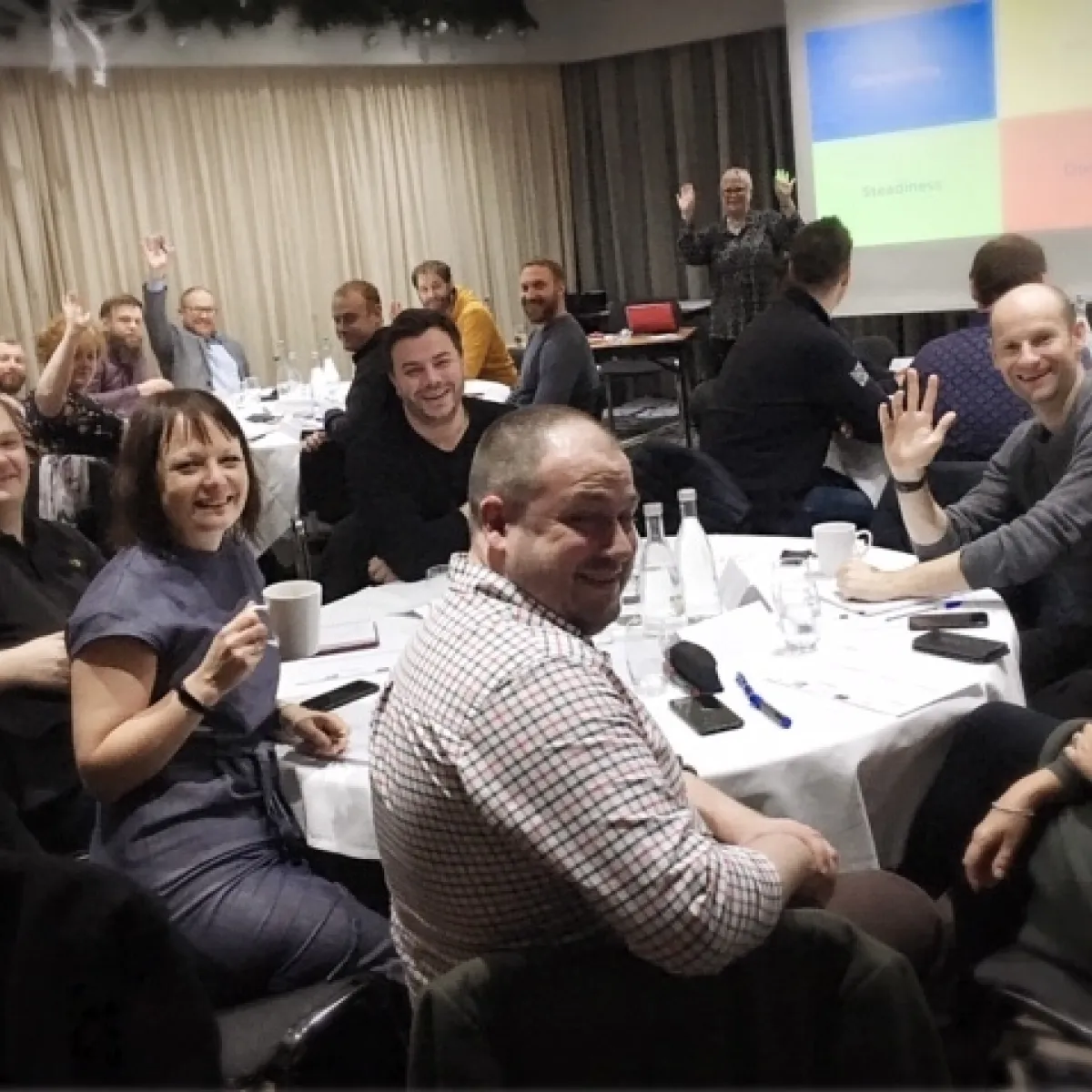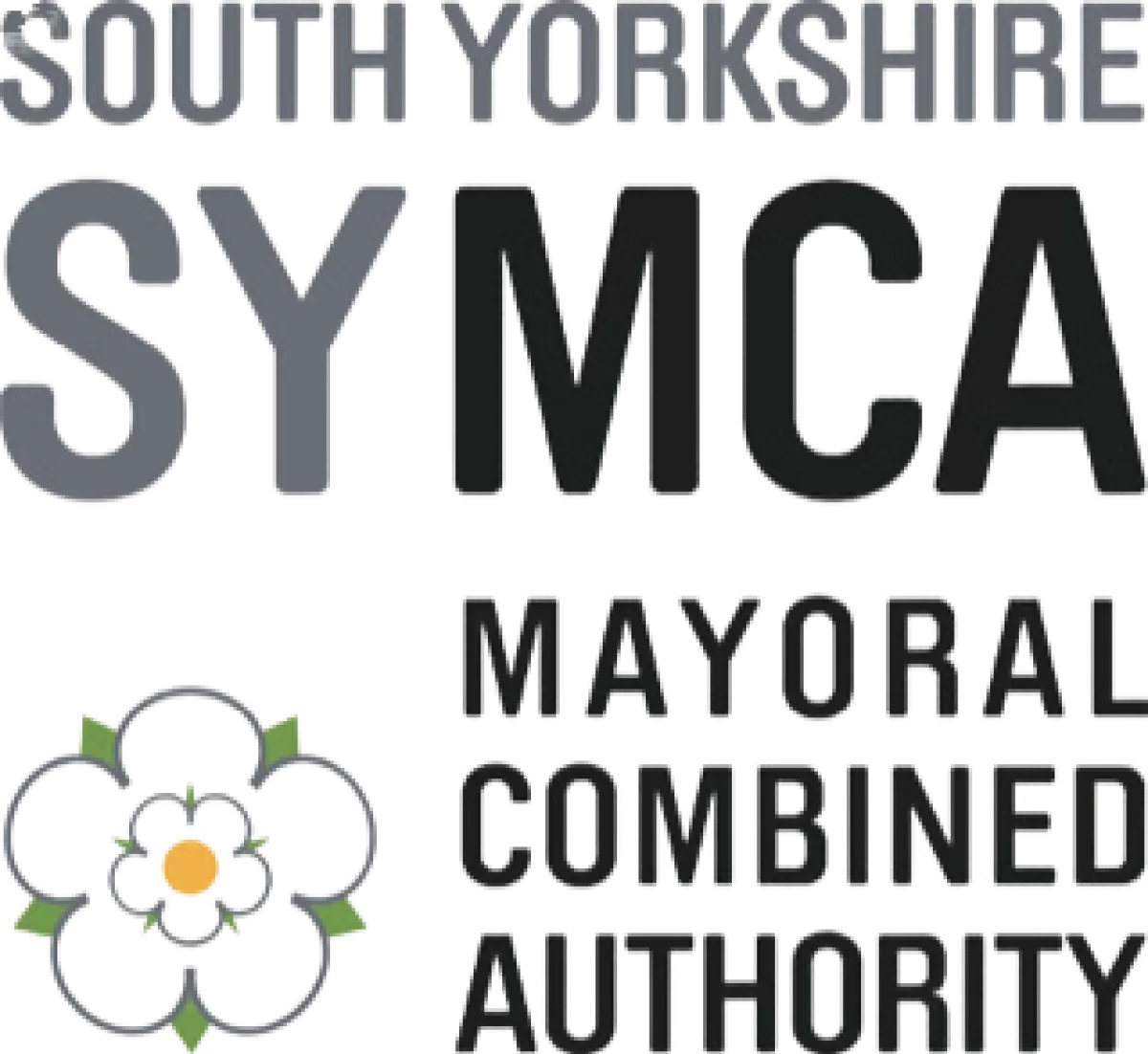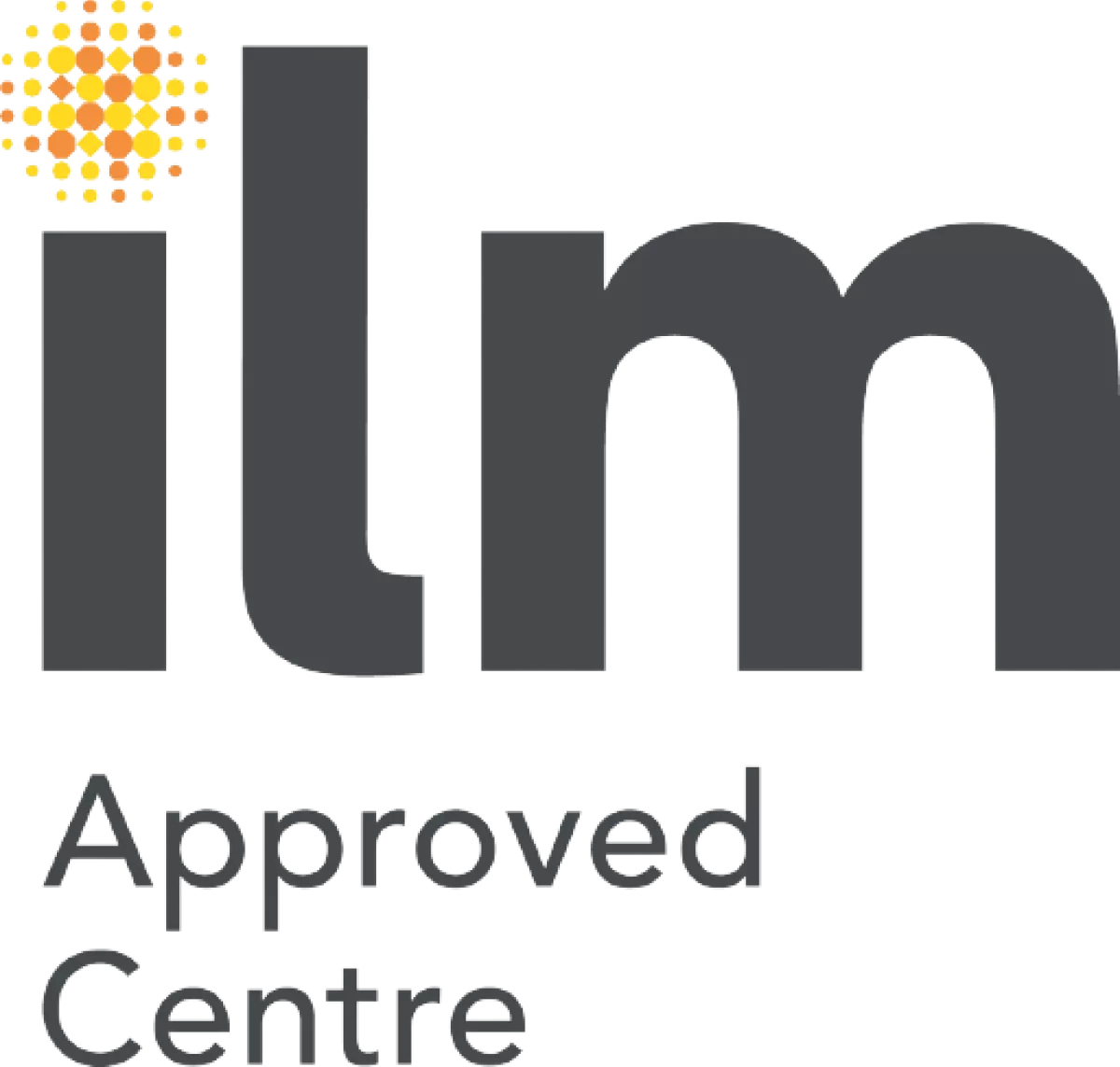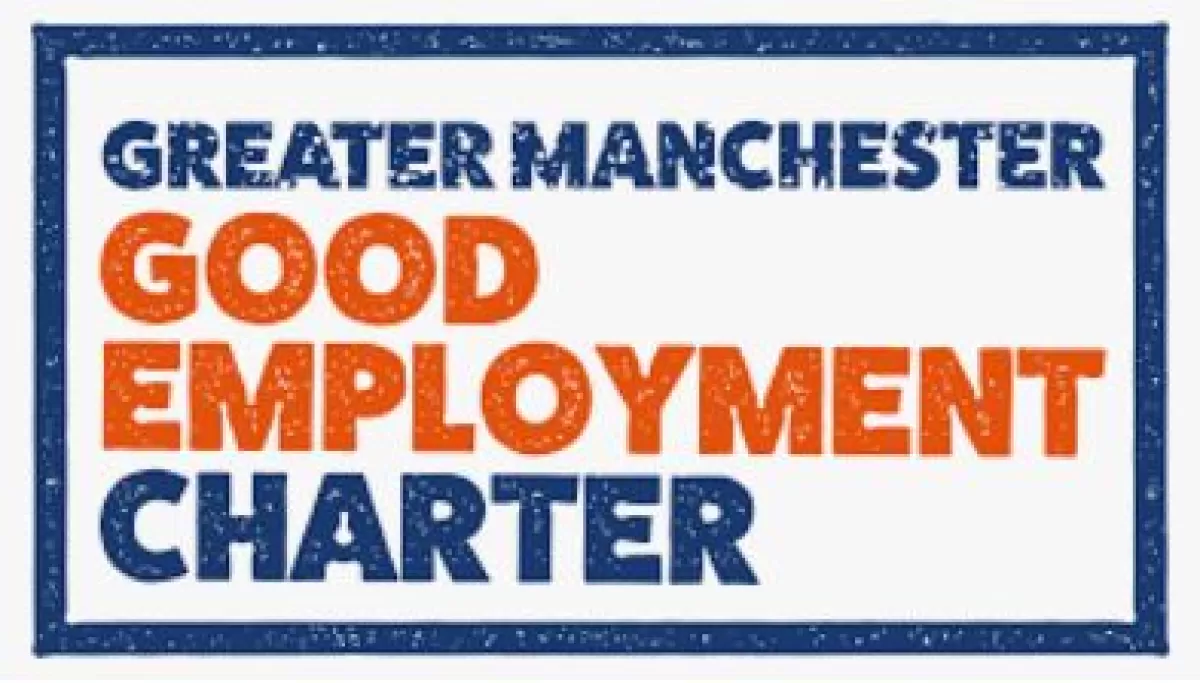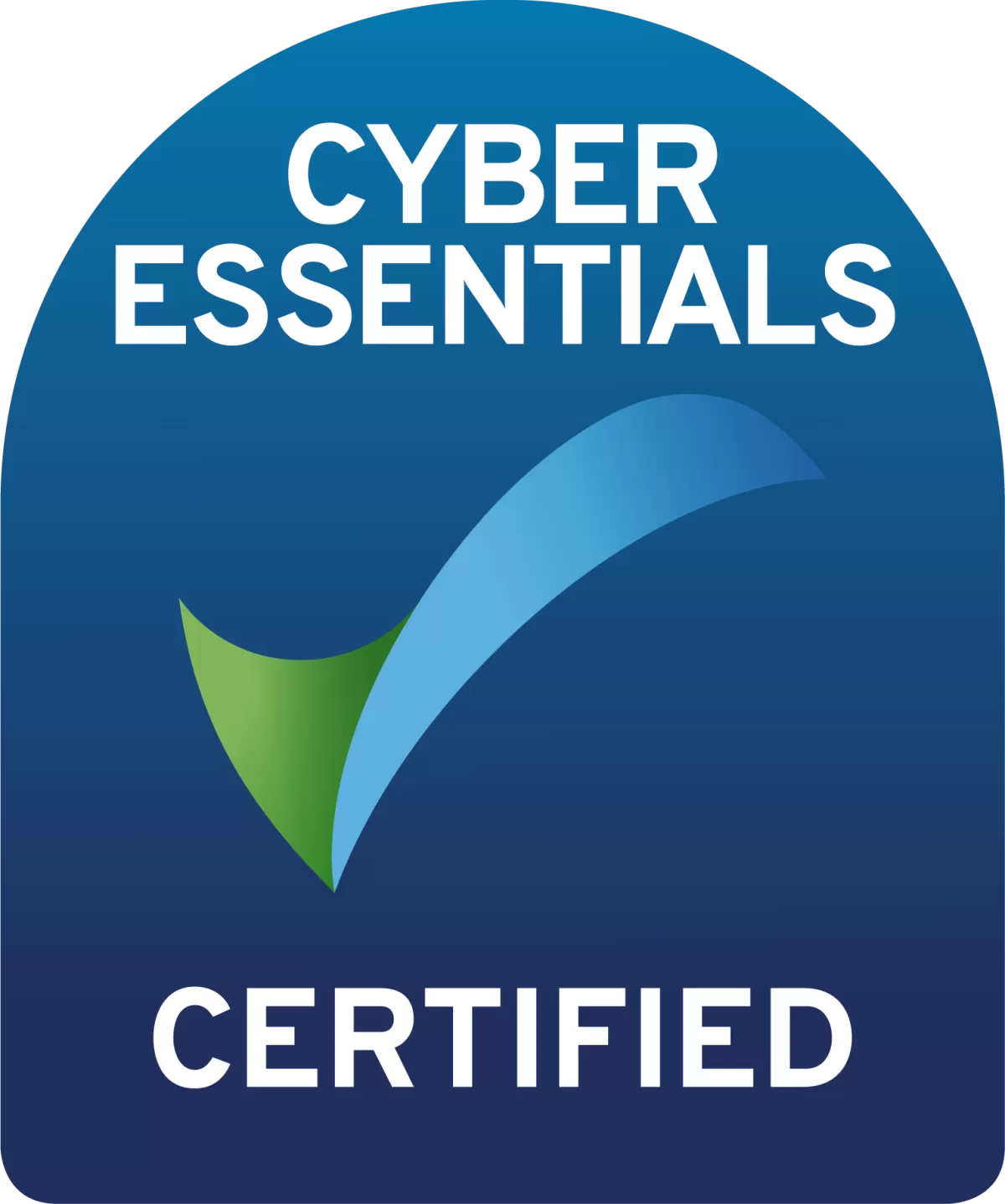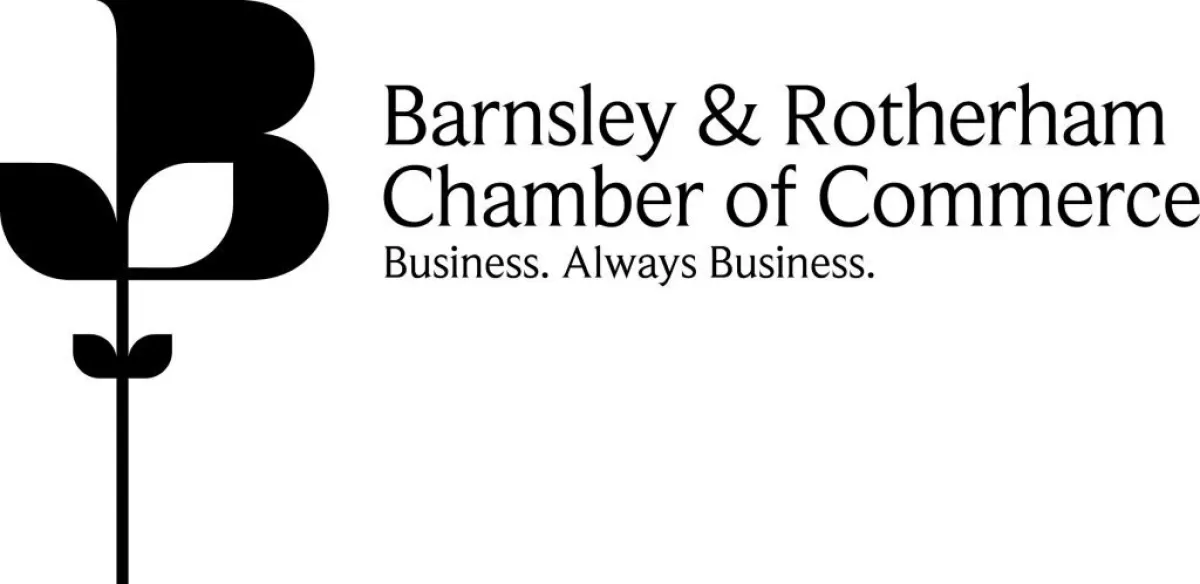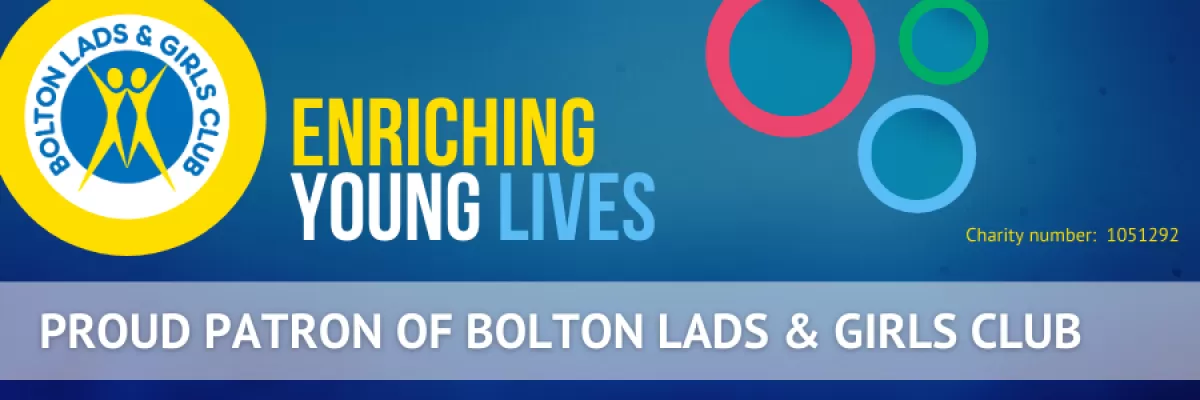Challenging Conversations

We don’t always enjoy a challenging conversation. They can be hard work, even unpleasant and are fraught with risk. When there are strong, opposing and emotional views, it can be easy to put them off. Yet, when we find the courage to have them these conversations can be great for our relationships, organisations and health.
The first step in holding a challenging conversation is to prepare. While it is important for us to think about what we want to achieve from the conversation, we also need to consider this from two other perspectives; the other person and the relationship we have. Keeping these three perspectives at the front of our minds while preparing the conversation is important, because it can keep us focused on what we want to achieve from the conversation rather than just winning it.
Now that we’ve prepared thoroughly, it’s time to start the conversation. An effective way to start is to tell our side of the story. Here, it is important to stick to facts about the situation, how it makes you feel and the impact it is having on you, your team and organisation. The next step is to actively and deeply listen to their side of the story. What is their version of the facts, how do they feel about the situation and what impact is it having on them? Do they have any evidence that you are not currently considering?
At this point, it is useful to consider the research of Daniel Yankelovitch, which emphasises the importance of getting into dialogue rather than having a debate. According to Yankelovitch, dialogue means everyone involved in a conversation has parts of the answer and we can work together to create a solution based on common ground. Debate is when we think we have the only answer, we only listen to find fault in the other side’s argument and argue as if only our ideas are the truth.
During the process of telling and listening in dialogue, we can still find pockets of emotion that may cloud our responses. Here, we can prepare ourselves and become more able to recognise these responses and act on them.
These conversations can bring out two emotional reactions; attack and defend.
If they’re attacking, it’s important for us to interpret their actions and words in as positive a way as possible. We can also find neutral ground by helping the other person into dialogue and helping both sides to realise that they have more in common than they realise. Go back to your preparation and focus on what you both want to achieve.
If we find ourselves attacking, it’s useful to move back to dialogue and focus on working together to solve any issues. Keep listening and turn off our filters and judgements.
If we notice that they’re retreating, subtly mention that they seem to be retreating. Ask deeper questions about their feelings. Show that we don’t have all the answers and we are ready to hear their views. If we find ourselves retreating, be honest and work out what led us to this emotional reaction. Say out loud how you think and feel and take responsibility for any changes you will have to make.
Having these conversations can improve relationships and give us the confidence to have more of them at an earlier stage. All it takes is to start the process mentioned and have the belief that we can follow it through.
Want to know more? Check out these books:
Daniel Yankelovitch: ‘The Magic of Dialogue’
Patterson, Grenny, McMillan & Switzler: ‘Crucial Conversations: Tools for Talking when the Stakes are High’
Continue Reading
Partnerships & Accreditations




